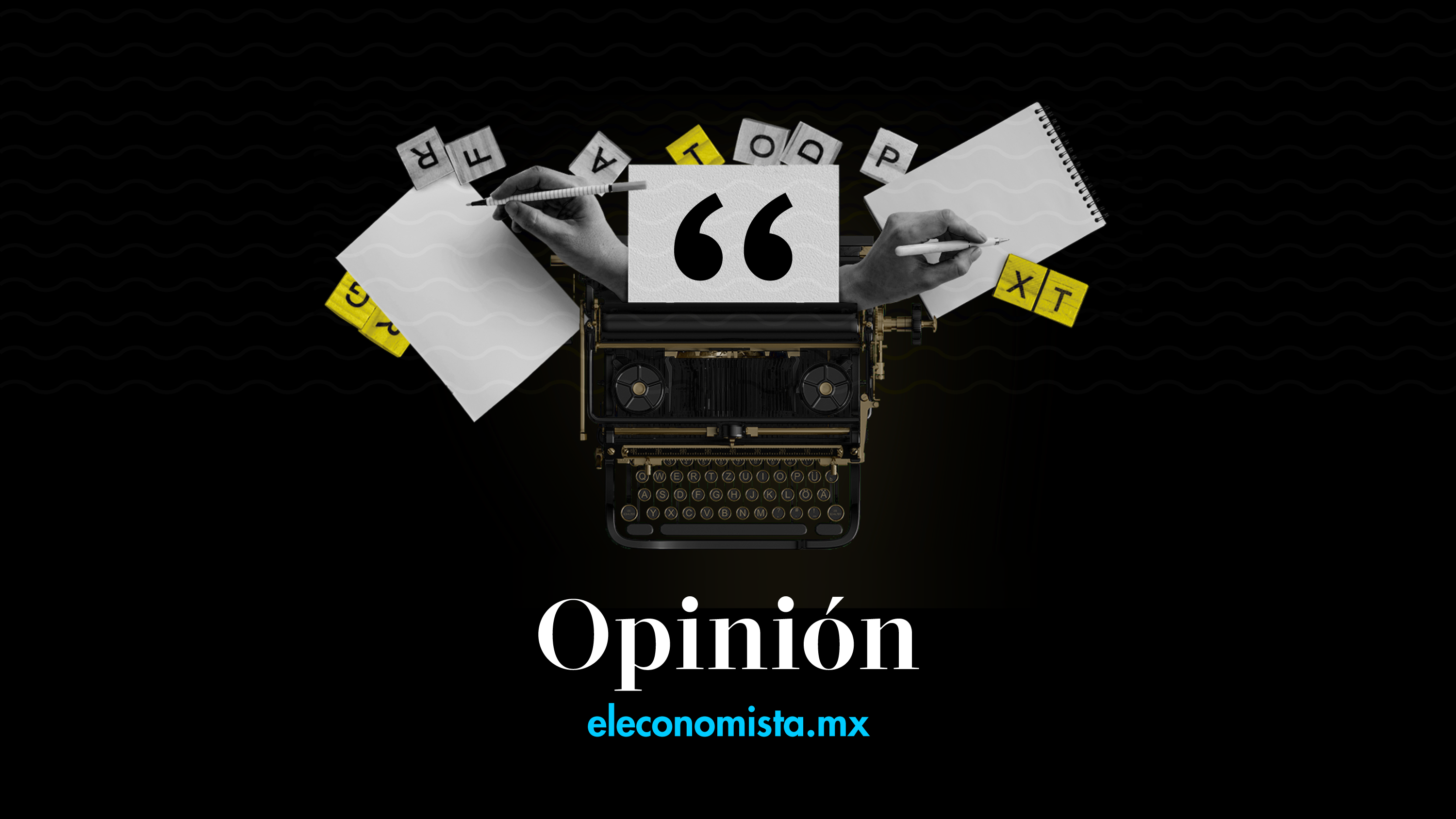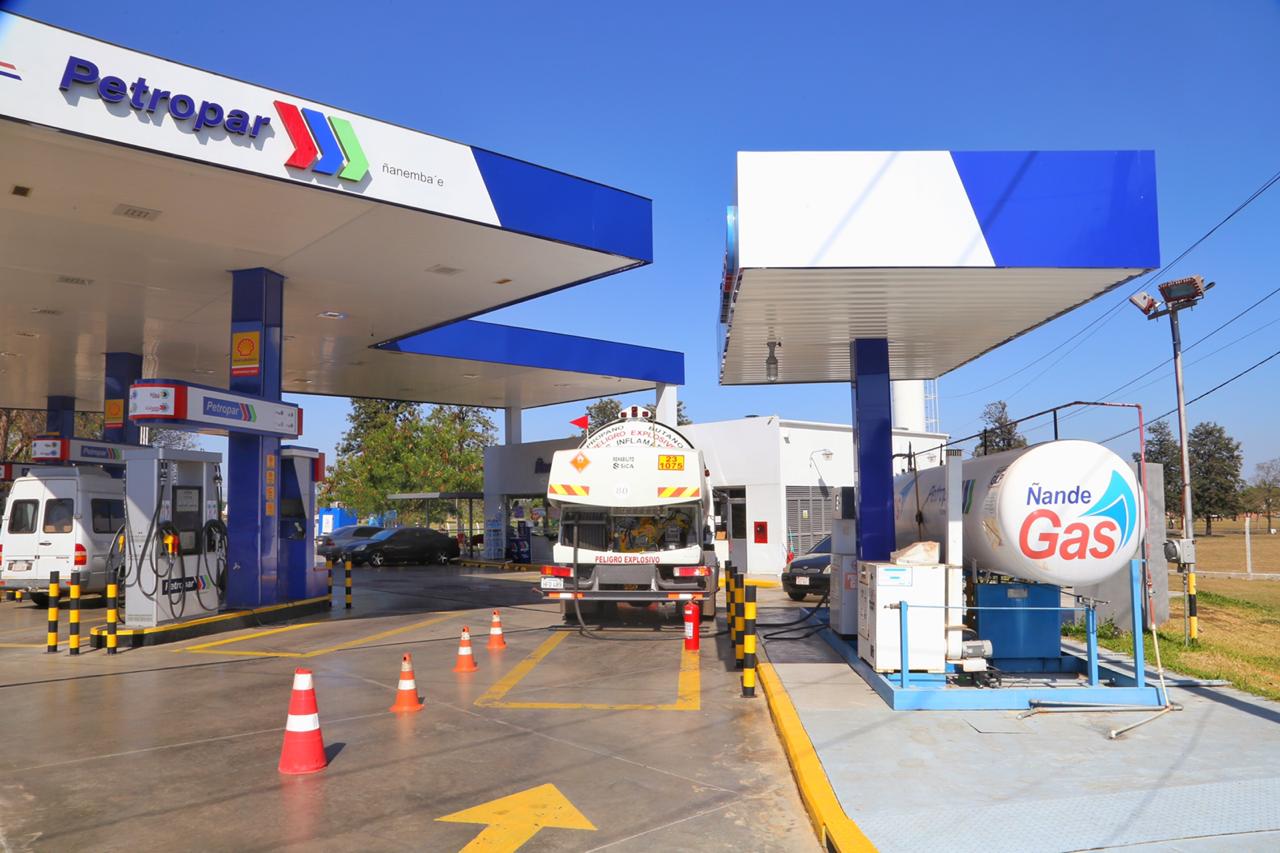Continuing with the line of how economic competition is affected in times of war economy, next, we are going to analyze how the trend in mergers and acquisitions tends to be in a war economy.
In a war economy, everything revolves around it, especially with regard to production, which is why a competitive structure is not sought in terms of what is outlined by Michael Porter in his classic book Competitive Advantage (CECSA, 1978) and what is proposed by the economist Ramón Tamames in his book Economic Structure of Spain. The competitive structure, which is what most affects an economy at war, seeks to ensure supplies, regardless of whether they become more expensive. What effects does it have for concentrations?
In a war economy, if what is sought is to ensure supplies, the tendency of the economic structure of the sectors tends to be concentrated. This is inevitable, as is the formation of war cartels so that the state can operate more efficiently. There are three circumstances in which sectors tend to concentrate more than they should: in the case of a recession, in the case of sectors in decline and in cases of preparation to compete before entering a new free trade area, as was the case with the Treaty of Free Trade in North America or the incorporation of Spain into the European Economic Community in 1986. To the above we would add a fourth: in war economies.
In a war everything is made to depend on it: opinion media, economy, agriculture, hobbies. It is also an extremely dangerous time for the economy -as we have already pointed out- because it is easy for the suspension of human rights based on the state of siege to lead to a concentration of power and the advent of populists under the pretext of confrontation. In particular, it is very common -we have already seen this in the pandemic- for restrictions to be disproportionate to the ends they are intended to achieve. Competition law is no exception. To ensure supplies, the state concentrates smaller companies into larger ones to reach the optimum state. It is also possible that it is the economic agents that seek to merge, in order to control the markets under the pretext of ensuring demand in the relevant market. All this -although it must be reviewed with a magnifying glass by the Federal Economic Competition Commission- must be corrected once the economy returns to normal, where it will be necessary to seek to reduce the degree of concentration of the markets involved.
This can be achieved by conditioning merger operations to a subsequent review in the event that war or pandemic situations come to an end, which would give powers to force the deconcentration of assets that are no longer necessary for economic agents to operate. normally. A temporary concentration should not be of great concern either, since after a war or pandemic the economy recovers its state of expansion, and the entry of new players or the expansion of assets by competitors is to be expected, with which concentration indices they should not go up to those that were in times of war or pandemic.
In the law of obligations, there is a rebus sic stantibus clause, which allows the terms of an agreement to be modified when extraordinary situations arise that modify the situation of contractual balance prior to the conclusion of the agreement. This could be the condition to which merger operations are subject to eventual review after the return to the new normality, which is no longer such. The problem is that the economic agents argue -and rightly so- that these are acquired rights and that the prohibition of non-retroactivity is violated, an issue that López Obrador is not too interested in.








